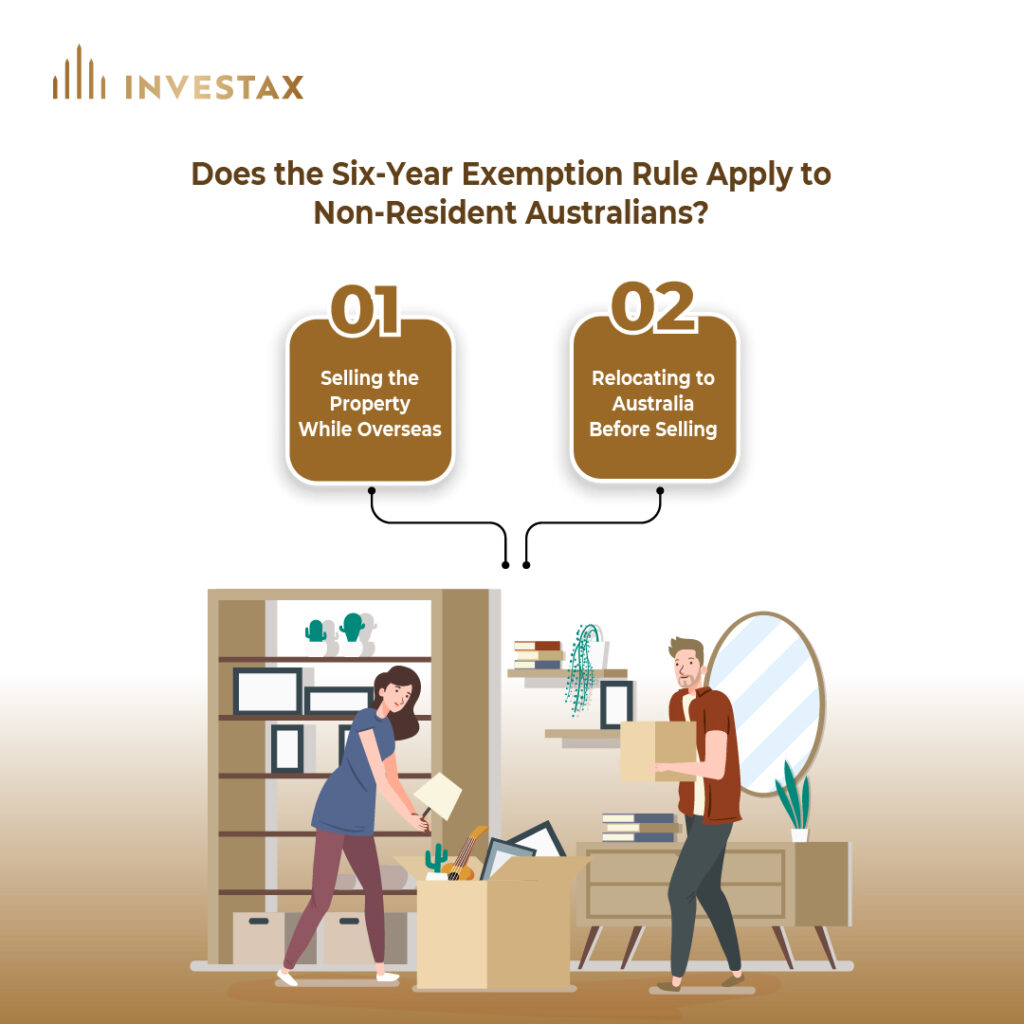Background
Kumiko and Kenji are Australian citizens who relocated to the United States in December 2019 after Kenji accepted an executive role. The couple, along with their children, have been renting a property in the U.S. They decided not to purchase a home there due to the possibility of needing to relocate based on their children’s schooling requirements.
They have been renting out their Australian home since moving to the U.S., generating some income to offset expenses. However, due to several interest rate increases, the property is now negatively geared, and they have been reporting the property losses in their Australian tax return.
Kenji’s employer has requested that he return to Australia between late 2025 and early 2026 to oversee the Australian operations of the business. He has been given the flexibility to manage a smooth transition between his roles in the U.S. and Australia.
With plans to move back to Australia during this time, Kumiko and Kenji anticipate needing a larger home to accommodate their growing children. They are considering selling their Australian property in early 2025 to help finance the purchase of a bigger home upon their return.
Kumiko and Kenji have reached out to Investax to understand the tax implications and explore their options. Here’s an analysis of the potential outcomes depending on when they sell their property.

Scenario 1: Selling the Property While Overseas
If Kumiko and Kenji sell their Australian property in early 2025, while still classified as foreign residents for tax purposes, they will lose access to the main residence exemption from Capital Gains Tax (CGT). As foreign residents, they are not entitled to this exemption, even though the property was once their primary residence.
This means that the entire capital gain accrued since the property was purchased will be subject to CGT. There is a narrow exception under the life events test, but this typically applies only in cases such as terminal illness, death, or divorce, none of which are relevant here.
Since they moved overseas in December 2019, they would also not benefit from the six-year exemption rule, as their tax residency status changed to foreign resident. Selling while overseas could result in a substantial CGT liability.
Scenario 2: Relocating to Australia Before Selling
If Kumiko and Kenji first relocate back to Australia at the end of 2025 or early 2026, they will regain their status as Australian residents for tax purposes. Once they are classified as residents, they will qualify for the main residence exemption, allowing them to reduce or potentially eliminate their CGT liability on the sale of the property.
Additionally, under the six-year exemption rule, they can treat the property as their main residence for CGT purposes for up to six years while it was rented out, provided they do not nominate another property as their main residence during that time.
By selling the property after returning to Australia, they would avoid the harsh CGT implications of selling as foreign residents and retain the tax benefits afforded to Australian residents.
Key Takeaways
For Kumiko and Kenji, the timing of the sale is critical. Selling the property while overseas could result in a significant CGT bill due to their foreign residency status. On the other hand, relocating back to Australia before selling the property would allow them to leverage the main residence exemption and potentially the six-year rule, reducing or eliminating their CGT liability.
Need Help with Your Property Tax Strategy?
If you’re facing a similar situation or are unsure about your tax residency status and its impact on property sales, contact Investax Property Tax Specialists today. Our team of experts can provide tailored advice to help you minimise your tax liability and make informed decisions about your property.
General Advice Warning
The material on this page and on this website has been prepared for general information purposes only and not as specific advice to any particular person. Any advice contained on this page and on this website is General Advice and does not take into account any person’s particular investment objectives, financial situation and particular needs.
Before making an investment decision based on this advice you should consider, with or without the assistance of a securities adviser, whether it is appropriate to your particular investment needs, objectives and financial circumstances. In addition, the examples provided on this page and on this website are for illustrative purposes only.
Although every effort has been made to verify the accuracy of the information contained on this page and on our website, Investax Group, its officers, representatives, employees and agents disclaim all liability [except for any liability which by law cannot be excluded), for any error, inaccuracy in, or omission from the information contained in this website or any loss or damage suffered by any person directly or indirectly through relying on this information.



